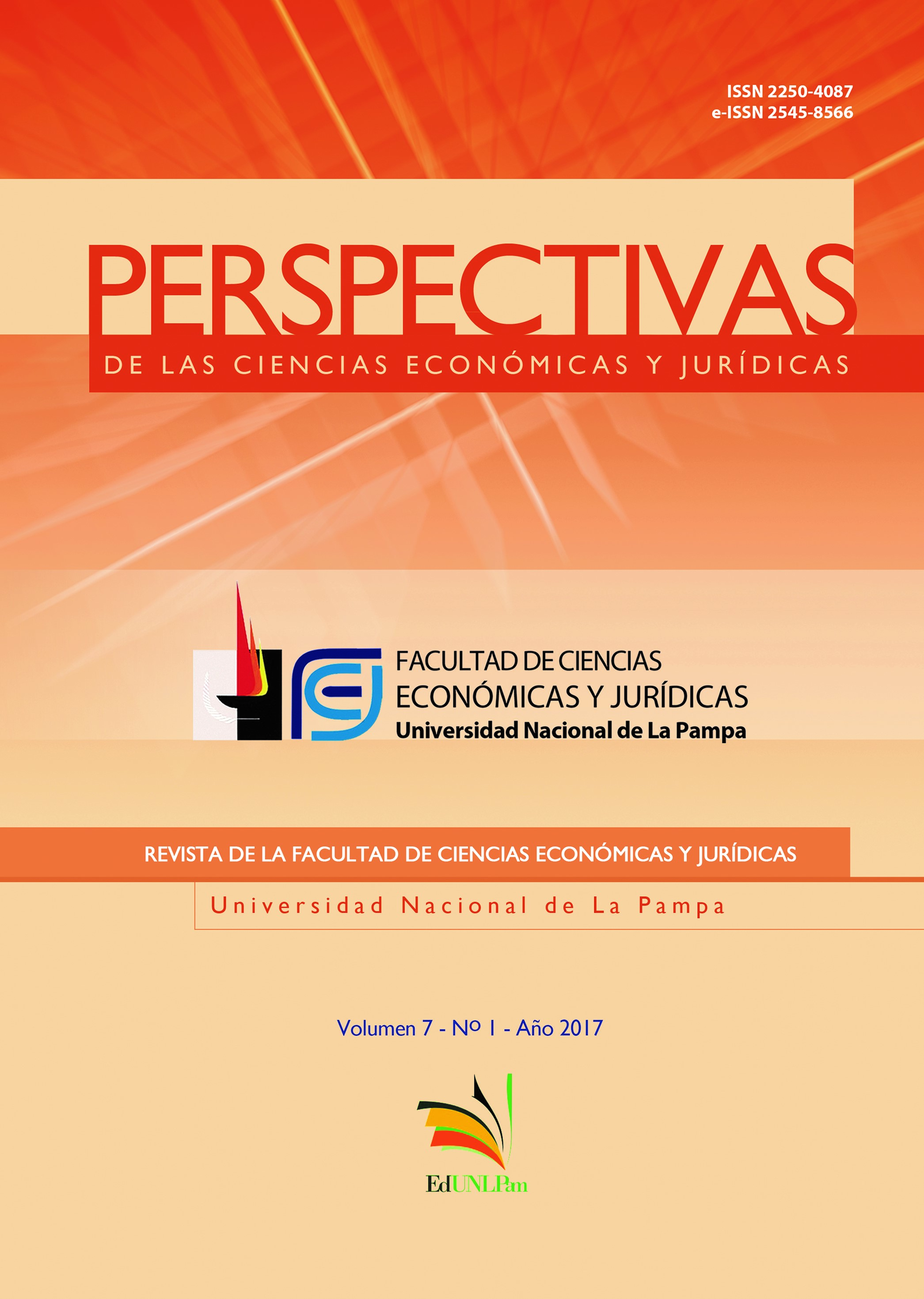THE HUMAN RIGHT TO EDUCATION FOR PEOPLE PRIVATELY OF THEIR FREEDOM AND HOW PRISON INCLUDES OTHER PRIVATIONS DEGRADING SUBJECTIVITY AND REDEFINES RIGHTS
DOI:
https://doi.org/10.19137/perspectivas-2017-v7n1a02Keywords:
Human rights, education, persons privated of their freedomAbstract
Preliminarily we say that although much has been written on the subject of the right to education, prison inmates, we'll stick here to the analysis of the state receiving the right to education as a human right at supranational level by the International Covenant on Economic, Social and Cultural rights (ICESCR) rights and other international norms and national and local rules, to describe trunk mind that right and its implications as such, in general, and for persons deprived of their liberty by criminal disputes in particular then through these logics must be with the reception in the world of being both qualitative and quantitative mind to contrast what initially believe, it is far from match.
We try to outline the end some conclusions regarding the proposed theme, in order to visualize some issues that require the re formulation of public policies and practices that hamper the right to education of persons deprived of their liberty because of conflicts criminal.
Downloads
Downloads
Published
Issue
Section
License
Aquellos autores/as que tengan publicaciones con esta revista, aceptan los términos siguientes:- Los autores/as conservarán sus derechos de autor y garantizarán a la revista el derecho de primera publicación de su obra, el cuál estará simultáneamente sujeto a la Licencia de reconocimiento de Creative Commons que permite a terceros compartir la obra siempre que se indique su autor y su primera publicación esta revista.
- Los autores/as podrán adoptar otros acuerdos de licencia no exclusiva de distribución de la versión de la obra publicada (p. ej.: depositarla en un archivo telemático institucional o publicarla en un volumen monográfico) siempre que se indique la publicación inicial en esta revista.
- Se permite y recomienda a los autores/as difundir su obra a través de Internet (p. ej.: en archivos telemáticos institucionales o en su página web) antes y durante el proceso de envío, lo cual puede producir intercambios interesantes y aumentar las citas de la obra publicada. (Véase El efecto del acceso abierto).











.png)



5.jpg)












